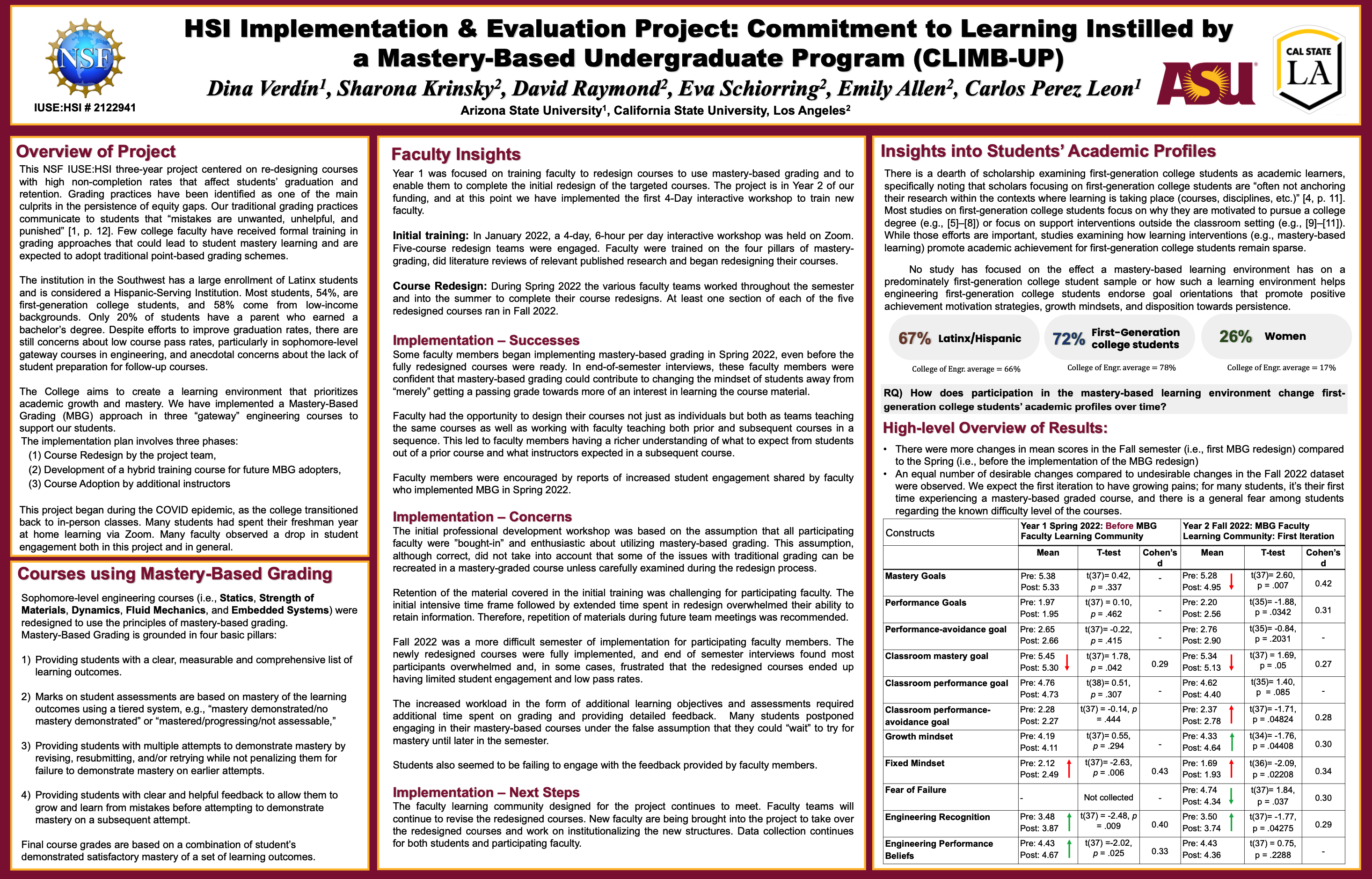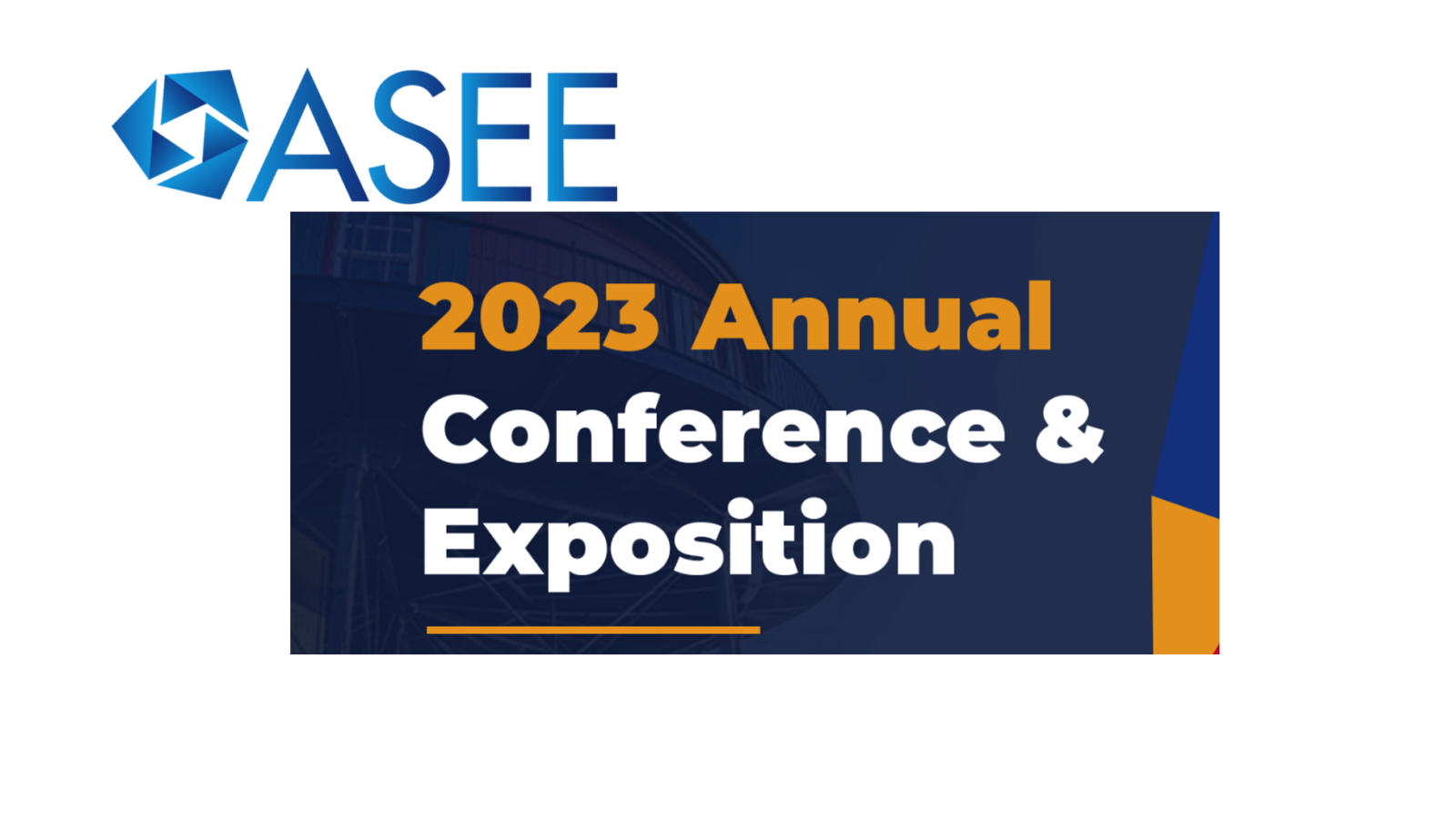Commitment to Learning Instilled by a Mastery-Based Undergraduate Program (CLIMB-UP) is an NSF IUSE:HSI project centered on re-designing courses with high non-completion rates (C- or lower) that have implications towards students’ graduation, transfer ability and retention. Grading practices have been identified as one of the main culprits in the persistence of equity gaps. Our traditional grading practices communicate to students that “mistakes are unwanted, unhelpful, and punished” [1, p. 12]. Few college faculty have received formal training in grading approaches that could lead to demonstrable student mastery learning and are expected to adopt traditional point-based grading schemes. Yet, the “grade-grubbing” strategy does not motivate student learning or inspire a goal orientation towards mastering the course content, and it undercuts student interest in the content being taught. Faculty also experience challenges in applying traditional grading schemes, specifically, deciding how many points to award a problem set that was not fully mastered, and struggle to apply a fair number of points to students’ work that is comparable in quality but differs in content mastery. Creating and teaching mastery graded courses in STEM fields requires a fundamental shift in the mental model of instructors regarding what, why, and how to assess course material.
A Mastery-Based Grading (MBG) approach can help address problems that a traditional grading approach has caused. A mastery-based grading approach involves three key features:
1) providing students with a clear and comprehensive list of learning outcomes and required skills,
2) assessing students based on mastery of the targeted learning outcomes using a tier system, e.g., “mastery demonstrated/no mastery demonstrated” or “mastered/progressing/not assessable,” and
3) providing students with multiple attempts to demonstrate mastery by revising, resubmitting, and/or retrying while not penalizing for failure to demonstrate mastery on earlier attempts.
The institution in the Southwest has a large enrollment of Latinx students and is considered a Hispanic-Serving Institution. The majority of students, 54%, are first-generation college students and 58% come from low-income backgrounds. Only 20% of students have a parent who earned a bachelor’s degree. The College of Engineering has made significant efforts to build sustainable student success programs, increase course sections, and emphasize student success resulting in improvements to the four-year and six-year graduation rates. Despite these efforts, there are still concerns about low course pass rates, particularly in sophomore-level gateway courses in engineering, and anecdotal concerns about the lack of student preparation for follow-up courses.
Progress to Date: Conclusion of Year 2



